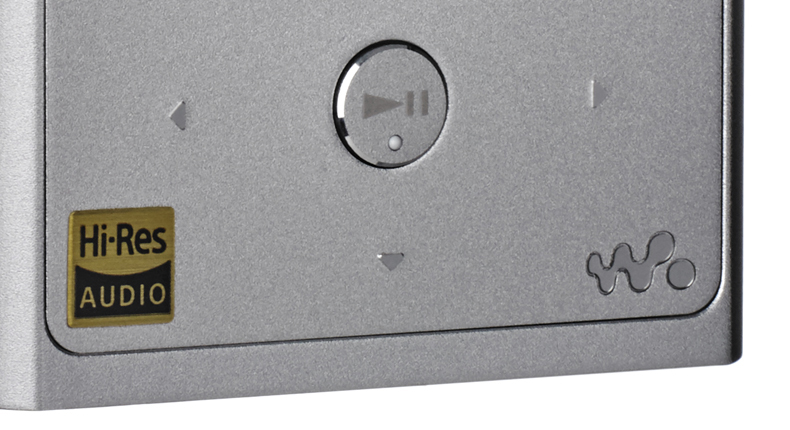
We're pretty convinced by the appeal of hi-res audio. If you have a decent system and a good quality recording, there's a distinct jump in quality over compressed music. But plenty of people still have their doubts.
The Queen Mary University of London (QMUL) carried out a study comparing data from over 12,000 trials in 18 surveys where people were asked to compare different music files. It found that they can hear the difference between hi-res audio and CD quality files, but that a little 'training' - presumably pointing out aspects of the music to listen out for - might be needed.
"Our study finds high resolution audio has a small but important advantage in its quality of reproduction over standard audio content," said Dr Joshua Reiss from QMUL. The trial found that with 'training', subjects could "distinguish between the audio formats around sixty per cent of the time". This was apparently a 'dramatic' increase on the percentage who could differentiate before training.
MORE: Explaining the science behind hi-res audio
Dr Reiss said: "Our study is the first attempt to have a thorough and impartial look at whether hi-res audio can be heard. We gathered 80 publications, and analysed all available data, even asking authors of earlier studies for their original reports from old filing cabinets. We subjected the data to many forms of analysis. The effect was clear, and there were some indicators as to what conditions demonstrate it most effectively. Hopefully, we can now move forward towards identifying how and why we perceive these differences.”
The results suggest that hi-res audio isn't a cut-and-dry issue for most people without a little pointing in the right direction. We've contacted QMUL for more details on the report, which is due to be published in full in the June issue of the Audio Engineering Society.
MORE: 4 of the best hi-res audio systems
Get the What Hi-Fi? Newsletter
The latest hi-fi, home cinema and tech news, reviews, buying advice and deals, direct to your inbox.

Joe is the Content Director for What Hi-Fi? and Future’s Product Testing, having previously been the Global Editor-in-Chief of What Hi-Fi?. He has worked on What Hi-Fi? across the print magazine and website for almost 20 years, writing news, reviews and features on everything from turntables to TVs, headphones to hi-fi separates. He has covered product launch events across the world, from Apple to Technics, Sony and Samsung; reported from CES, the Bristol Show, and Munich High End for many years; and written for sites such as the BBC, Stuff and The Guardian. In his spare time, he enjoys expanding his vinyl collection and cycling (not at the same time).
